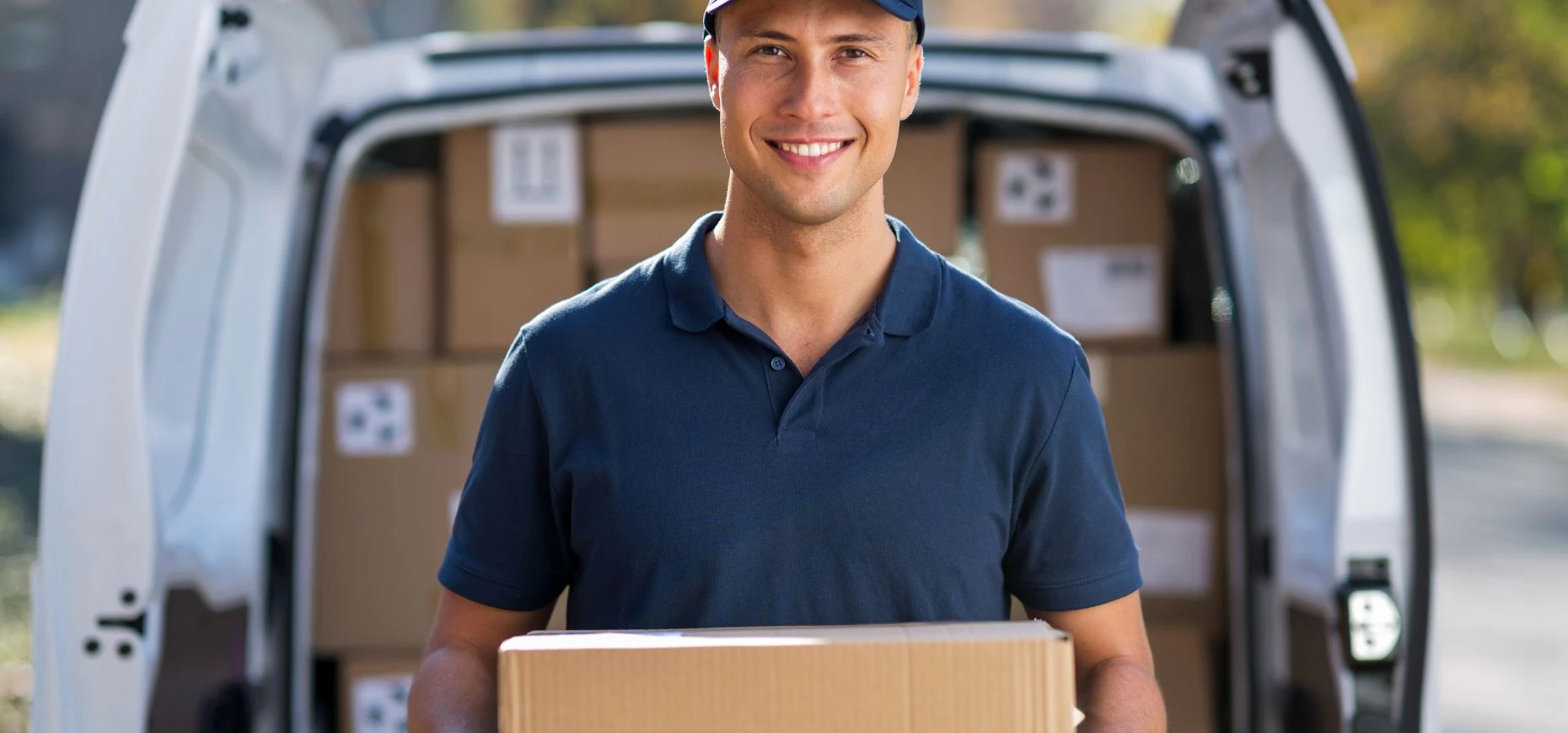
London & Canadian based zero emission vehicle developer announces parcel delivery trials
Leading zero emission automotive and green energy developer, First Hydrogen, will be opening up fleet trials for its hydrogen-fuel-cell-powered vehicle (FCEV) in response to growing interest from parcel delivery companies.
Following successful initial fleet operator road trials in the UK, the Company’s proof-of-concept demonstrator vehicles are planned for operational trials with several parcel delivery companies looking to enhance their growing greener fleets starting late Q3 and Q4 of this year.
Until now First Hydrogen has predominantly targeted industries such as utilities, that require zero emission vehicles with the capability to travel further and carry heavier payloads. Parcel delivery companies face a specific set of challenges, which is encouraging them to explore other zero emissions technology in addition to battery technology to meet commercial and environmental targets.
These fleets make up the middle and final stages of the supply chain, which traditionally handle shorter journeys to transport items from local hubs directly to consumers or end users. They are increasingly undertaking longer routes from distribution centers to lockers and shops with parcel collection services or “pick up and drop off points.”
The parcel delivery vehicle market size will surpass US$210 billion by 20322. The ecommerce boom continues to fuel growth of the delivery market. There are 9.1 million online retailers in the world, trading through their own ecommerce platforms or online marketplaces3, and sales are predicted to reach US$8.1 trillion by 20264.
First Hydrogen’s engineers highlight that, while the vehicles were designed to sustain longer journeys, they have been equipped with hybrid engines (hydrogen fuel cell and battery), which suit shorter drives in urban and suburban areas.
Regenerative braking helps to recharge the battery, particularly during journeys with lots of starts and stops, such as driving in built up areas, or routes with multiple stops – including the journeys delivery drivers make with frequent drop-offs and pick-ups. Drivers frequently make over 100 stops in a daily shift.
Fast hydrogen refueling also reduces the vehicle down-time, i.e., the time a vehicle is off the road and out of service - refueling First Hydrogen’s LCV takes approximately 5 minutes whereas charging a similar electric vehicle takes around 5 hours. This extends daily duty cycles, with the vehicles available for longer shifts across multiple drivers, which provides fleets with greater operational flexibility.
Steve Gill, CEO of First Hydrogen Automotive, comments: “Carbon reduction targets, low and zero emission zones in cities and phasing out of diesel and petrol-powered vehicles are positioning hydrogen mobility as a realistic solution to the challenges last-mile delivery operators face.
“The large, growing parcel delivery sector desperately needs to build environmentally friendly and commercially viable fleets, and our hydrogen LCV can help to do that. This presents us with an exciting opportunity to explore a new customer base, enabling us to further accelerate business growth and potentially bring our vehicles to market quicker.”
By Mark Adair – Correspondent, Bdaily
- Add me on LinkedIn and Twitter to keep up to date
- And follow Bdaily on Facebook, Twitter and LinkedIn
- Submit press releases to editor@bdaily.co.uk for consideration.
Looking to promote your product/service to SME businesses in your region? Find out how Bdaily can help →
Enjoy the read? Get Bdaily delivered.
Sign up to receive our popular morning London email for free.






 A legacy in stone and spirit
A legacy in stone and spirit
 Shaping the future: Your guide to planning reforms
Shaping the future: Your guide to planning reforms
 The future direction of expert witness services
The future direction of expert witness services
 Getting people into gear for a workplace return
Getting people into gear for a workplace return
 What to expect in the Spring Statement
What to expect in the Spring Statement
 Sunderland leading way in UK office supply market
Sunderland leading way in UK office supply market
 Key construction developments in 2025
Key construction developments in 2025
 Mediation must be part of planning process
Mediation must be part of planning process
 From apprentice to chief financial officer
From apprentice to chief financial officer
 Don't stifle growth with apprenticeship cuts
Don't stifle growth with apprenticeship cuts
 The start-up landscape: What lies ahead in 2025
The start-up landscape: What lies ahead in 2025
 JATCO adds welcome drive to automotive sector
JATCO adds welcome drive to automotive sector